Putin’s aim is to prove the West cannot win
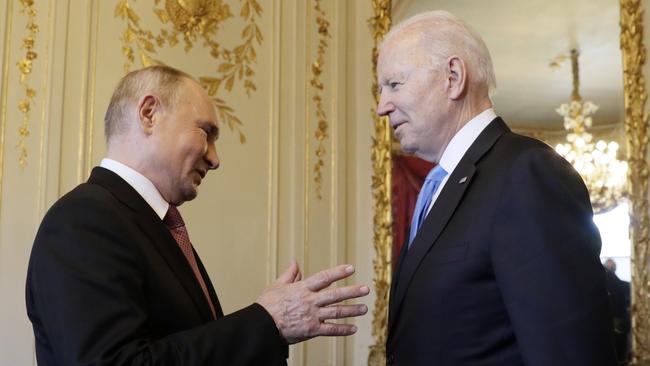
Again we’re reaching for the smelling salts. There was a naive hope that Vladimir Putin’s troop build-up, supposedly training exercises along Ukraine’s long borders, was harmless. That Putin was a late convert to the teachings of the ancient Chinese strategist Sun Tzu: “Ultimate excellence lies not in winning every battle but in defeating the enemy without ever fighting.”
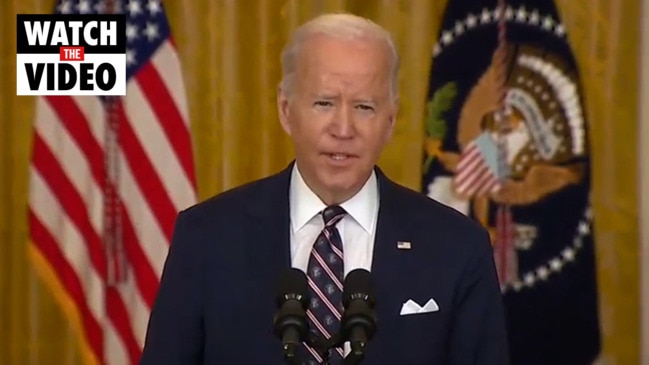
But day by day his mask slips a little more. That was clear when the military blood banks were erected for the troops, now at more than 200,000, most of them in full battle order, and clearer still at Monday’s cringeworthy spectacle of Putin pretending to seek advice from his security council.
The plainly pre-scripted session was supposed not only to legitimise Russian recognition of the enclaves of Luhansk and Donetsk in eastern Ukraine but to accept Moscow’s sacred duty of protecting the inhabitants. Putin’s televised comments made plain that he doesn’t accept Ukraine’s existence as a sovereign state and accepts diplomacy only if it wins him territory.
This is not so much a Ukrainian crisis as it is a Putin crisis. He calculates that he can damage the Ukrainian economy more deeply and more quickly than western aid can benefit the country. For him it’s a sure bet, a nihilistic one that will allow him to make a single point: that although the Soviet Union may have collapsed irrevocably, the West, with all its rules and smug principles, did not win the Cold War.
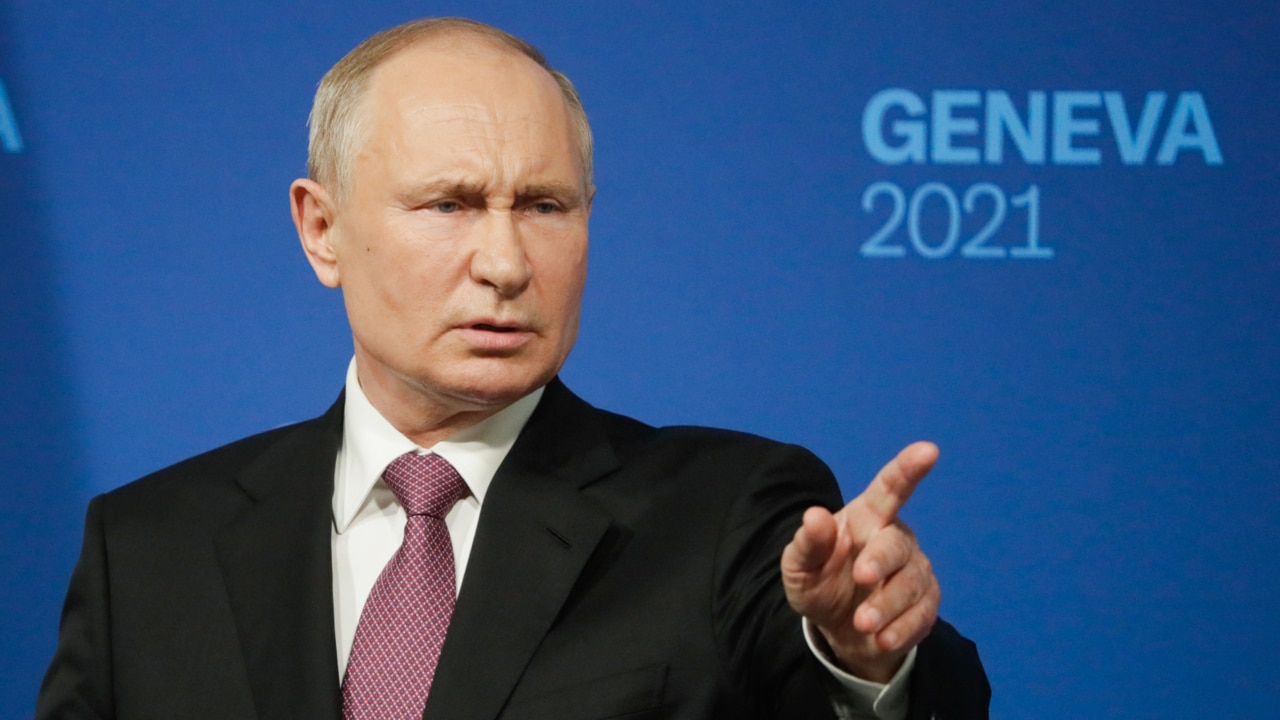
Are his confidants on board with this? One squawking set of hawks certainly argues that sanctions should strike no fear. Rather, western sanctions could be a spur towards a desirable goal: socioeconomic autarky, deglobalisation of Russian elites, a more robust nationalism, a freeing of Russian genius rather than a copy-catting of western trends. Many of these hardliners found a nest in the security services. Their ideological figurehead is Nikolai Patrushev, head of Putin’s security council and former KGB hand.
Others at the Putin court do care about energy sanctions. The German decision to suspend the certification of Nord Stream 2 was the most potent of the financial measures unveiled yesterday by the European Union, Britain and the United States.
Not just because income from gas and oil, both understandably rising in price yesterday, is central to Putin’s power but also because it marked a symbolic end to the German Social Democratic Party’s unsavoury relationship with Russian hydrocarbons. The former chancellor Gerhard Schroder, who once partied with Putin and who is still big at Gazprom, set the tone. The pipeline was declared to be a business rather than geopolitical matter. Now it’s where it belongs.
There is, however, no longer any cohesion to the Putin clique. They supported the snatching of Crimea because they saw it as essentially a Russian peninsula. Ukraine and Belarus were part of the Slav nationalist heartland, moulded (in the east of Ukraine rather than the western part) by Orthodox values. Putin, they thought, understood this. He kept strong ties to the Orthodox patriarchy and was fighting a civilisational struggle.
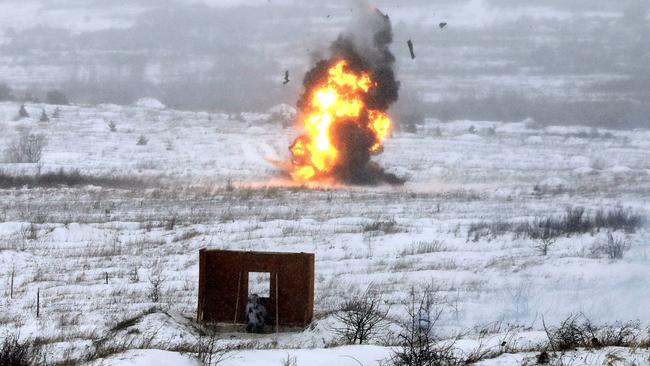
The Crimea 2014 operation was run by special forces and was an easy way of demonstrating to Ukraine that Russia could not accept it embracing western institutions. But the present operation makes them uneasy. They agree with their boss that the Ukrainian government, erratically led, armed with tank-busting Turkish drones, is far stronger than the separatists in the east. It could one day try to push out Russia’s friends. Putin’s way of solving this is not, however, to their liking. An invasion and occupation force of young Russians in combat with their Slav cousins in Ukraine – how could that go well? What kind of civilisational signal would that send to the West? And what about the returning zinc coffins?
Worse, Putin seems to have cleared the operation with Xi Jinping at the outset of the Winter Olympics. The securocrats were already concerned that Moscow, by becoming essentially a permanent junior partner to Xi, was in danger of losing the looming Sino-Russian discussions about Africa’s resources and access to the sea lanes of the melting Arctic.
Taken together, how would an unhappy Ukraine and Belarus to the west, and a potentially overbearing partner in Beijing, serve the cause of a purer Russia?
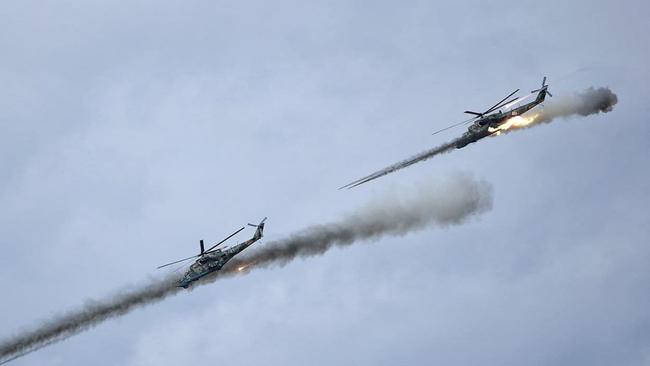
Putin tried but failed to address these doubts about his leadership in a recent 5000-word essay on Russia and Ukraine. More than ever he comes across as an isolated figure at home, at a time when he is about to become a global pariah. His monk-like lockdown seclusion hasn’t, as some claim, made him deranged but it does seem to have affected his judgment. The nimble, opportunistic hybrid expeditions of the past have given way to a kind of ponderous siege warfare that promises little success and even less honour.
Early yesterday, as an armoured “peacekeeping” force rolled into Donetsk, it looked as if nothing in our western armoury could stop Putin.
Perhaps what is left of his inner circle can find the guts to tell him he is on a destructive track that will disgrace Russia for a generation.
The Times







The Ukrainian crisis has become an exercise in western hopelessness. We stood by when the Warsaw Pact put down the Hungarian uprising in 1956 and when Soviet tanks crushed the Prague Spring in 1968, and the West was so grateful that Moscow didn’t send its heavy metal into Poland in 1981 that it did little more than shrug as a military junta jailed thousands of Solidarity activists.